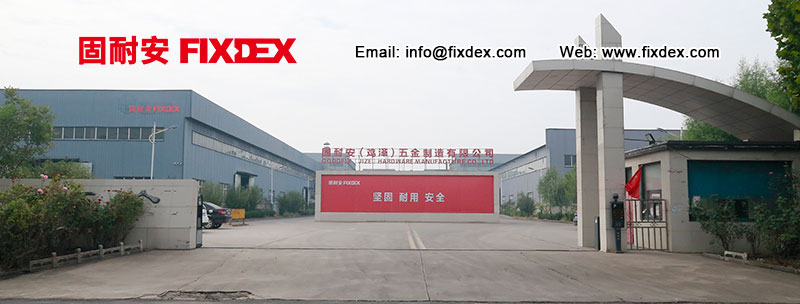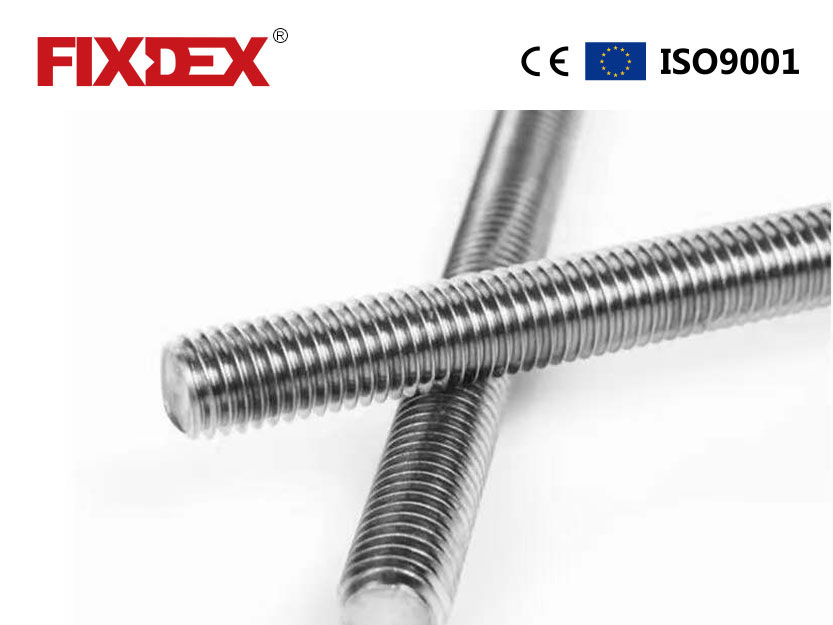Threaded Rod Metric Black 12.9
Threaded Rod Metric Black 12.9
Read More: Catalog threaded rods
The difference between metric threaded rod and British and American thread rod
Metric thread rod and British American threaded rod are two different thread manufacturing standards. The difference between them is mainly reflected in the size representation method, number of threads, bevel angle and scope of use. In mechanical manufacturing, it is necessary to select the appropriate thread standard according to the specific situation..
1. What is the biggest difference between metric stud bolt and British and American stud bolt?
Metric stud bolt was popularized in France, and its characteristics are that it uses millimeters as units, has fewer threads, and has a bevel angle of 60 degrees. The British and American stud bolt originated in the United Kingdom and the United States, and its characteristics are that it uses inches as units, has more threads, and has a bevel angle of 55 degrees.
2. What is the difference between metric threaded rod din975 and British and American threaded rod din975 thread sizes?
In terms of size, the size of metric threads rod din975 is expressed in terms of diameter (mm) and pitch (mm), while British and American threads rod din975 are expressed in terms of size (inch), pitch, and thread program (number of threads).
For example, an M8 x 1.25 thread, where “M8″ represents a diameter of 8 mm, and “1.25″ represents a distance of 1.25 mm between each thread. In British and American threads, 1/4 -20 UNC represents a thread size of 1/4 inch, a pitch of 20 threads per inch, and UNC represents a national coarse-grain standard for the thread.
3. Scope of use of metric threaded rod manufacturer and British and American threaded rod manufacturer
Since metric threaded rod manufacturer have fewer threads and smaller bevels, they are not easy to bite each other at high speeds, so most mechanical parts use metric threads. British and American threads are often used in some special occasions, such as American standard pipe threads.
4. Specification conversion
Since metric threads and British and American threads are two different manufacturing standards, conversion is required. Common conversion methods include using conversion tools or referring to conversion tables.

















